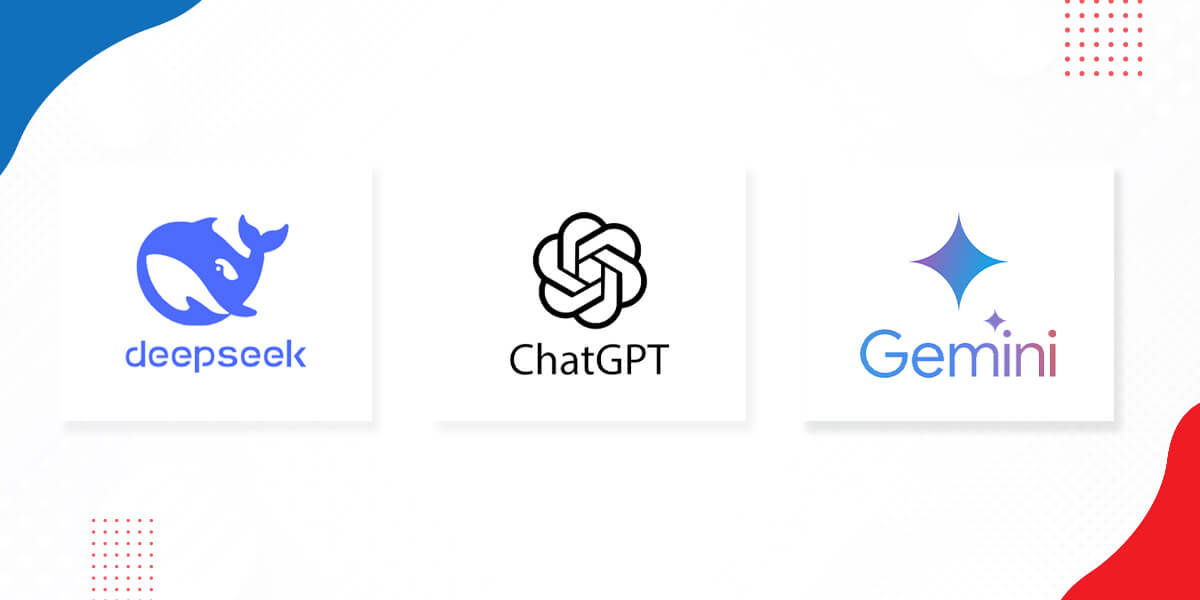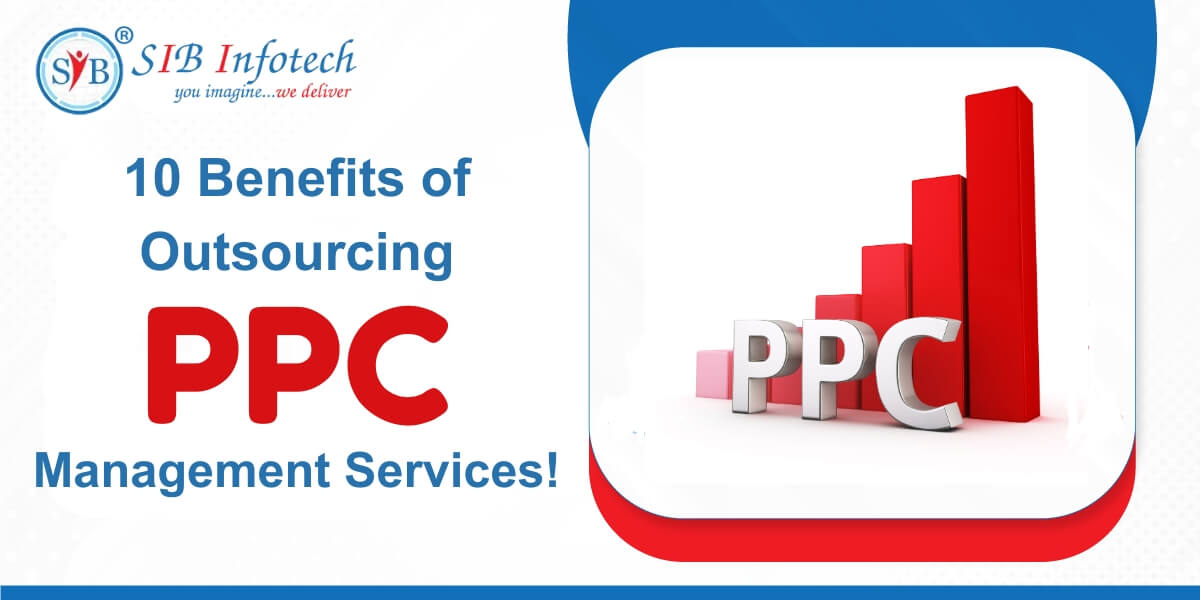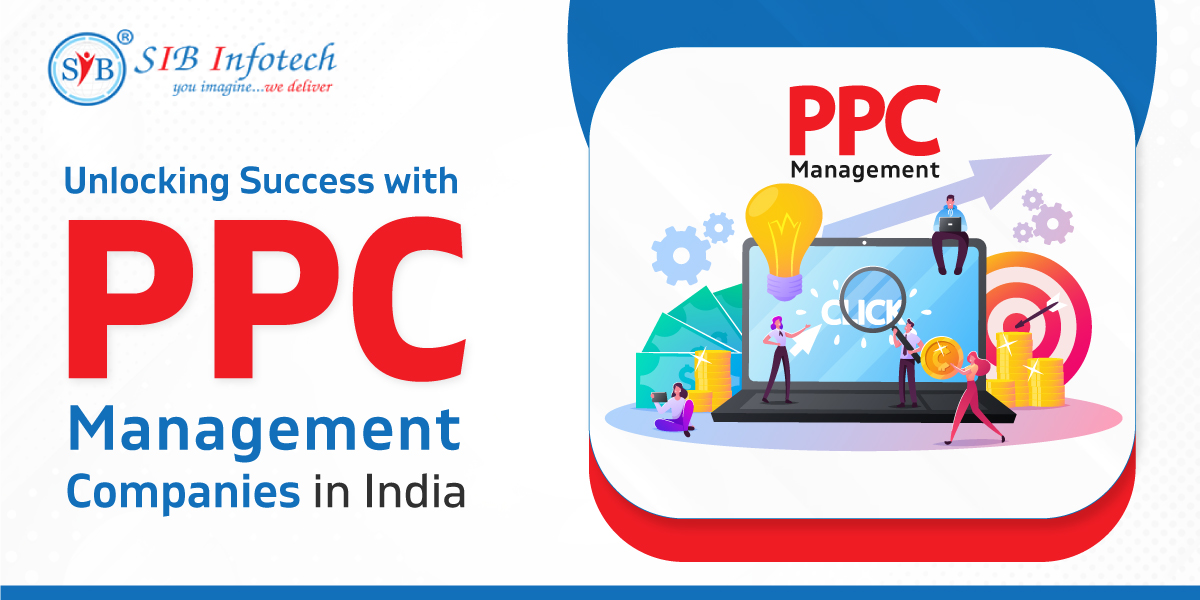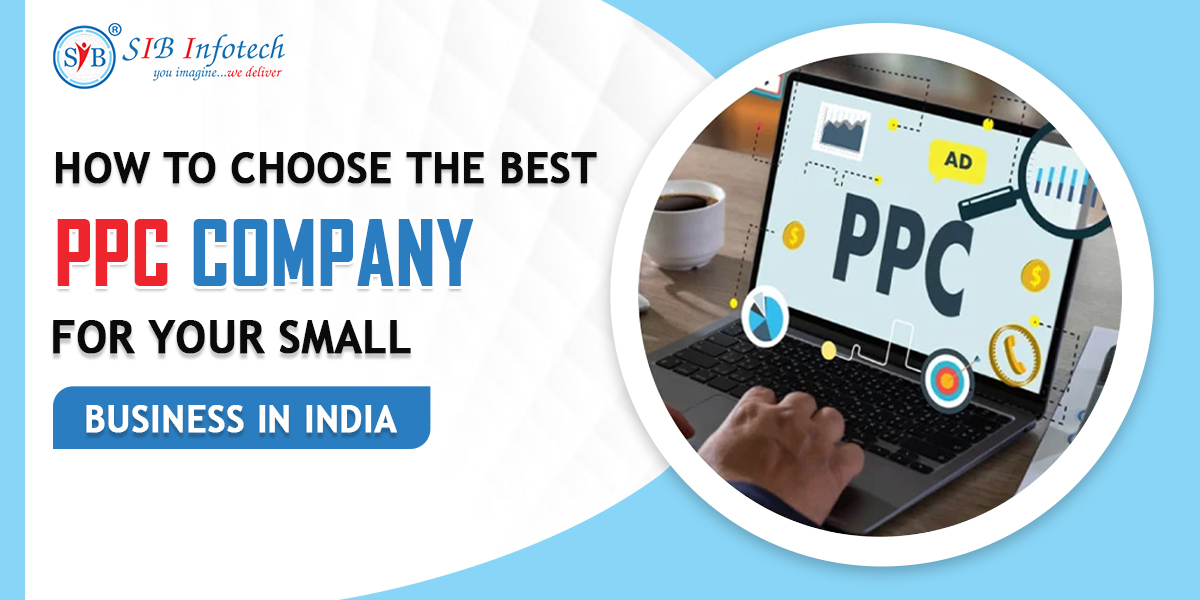Is AI Going to Make Graphic Designers Jobless or Assist Them?
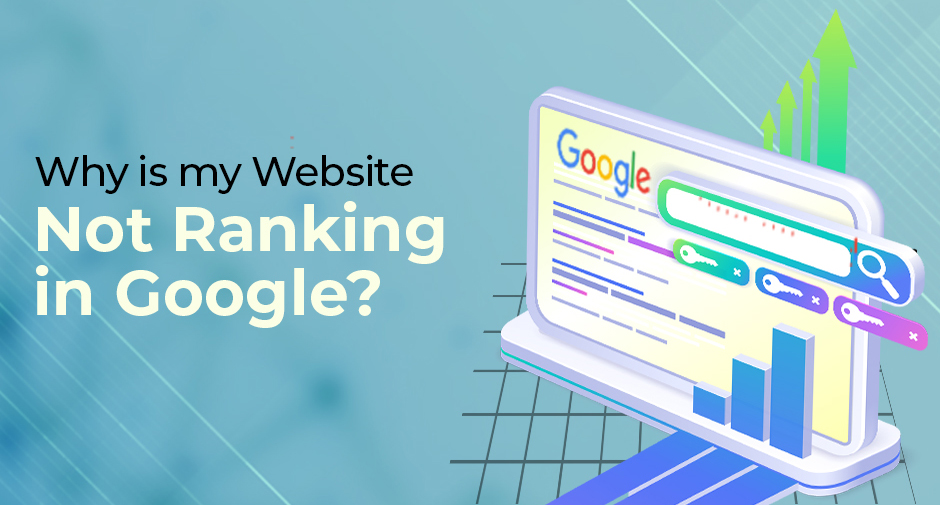
Reasons Why Your Website Not Ranking On Google And How To Fix It
- by Webdesk
- Aug 25, 2021
Home Blog Reasons Why Your Website Not Ranking On Google And How To Fix It
Downfall or steadiness in the rankings of search engine keywords is quite common for web pages. The solution for this is not to focus on why your website is not ranking on Google instead analyze expert tactics on how to rank a website on search engine results pages.
Webpages underperforming on the search engine results page take no time in affecting the visibility of your brand online. As a result, the count of online traffic will start diminishing with letting the sales suffer.
Actions need to be quick where enhancing the search engine optimization strategy should be a priority when you notice the drop in the local rankings. As you read further, you will discover the reasons behind the sudden downfall and how to back them up with suggested techniques. We have also focused on the importance of setting aside time to track and examine keyword rankings.
Reasons for the Drop of Rankings and How to Get Them Back
1. Pages Having the NoIndex Tags
When tracking keyword rankings you may discover some of your pages not visible in search results. There is a possibility that these pages might be having the "no index" tag in the pages
section. This meta tag informs Google or any other search engine web crawler to skip indexing or ranking a page. With no ranking or indexing, the pages will lack SERPs ranking opportunities.
How does this issue occur? This could be by mistake that a Noindex tag was added during designing and left there unseen. However, it can also be the content management system like WordPress that holds an option for a search engine to prevent them from indexing pages for instance those having some confidential information.
How to fix it: The first step is to eradicate the Noindex tags. Utilize the coverage report in Google Search Console for checking if the noindex error exists. If you have a fairly new website without sufficient Google Search Console data, try tools that crawl your website and show the pages affected by this Google search ranking error.
2. Googlebot Doesn't Crawl Certain Pages
Robots.txt is a text file that contains instructions for web crawlers. It can allow or block access to your page. So for example, if it contains a rule for blocking Googlebot from crawling specific pages, the search engine won't be able to discover those pages. As a result, this will affect SERP's ranking and visibility.
How to fix it: Make sure that the search engine bots are allowed access to the critical pages. If you're not sure where to find robots.txt here's a practical tip on how to improve Google Search ranking: leave the fixing to the experts.
3. Lack of High-Quality External Links
Backlinks are a major source of online visibility. Backlinks are the links found on other sites redirected to your pages that are critical for Google ranking, local SEO ranking factor. A renowned website with good content owns visibility helping Google examine how relevant the page is to a keyword or user query.
Overall backlinks and external links have a huge impact on SERP rankings. If you have spammy or zero or excessive backlinks within no time your search result position is compromised.
How to fix it: Conduct an audit of your link profile and monitor keyword rankings using tools such as Ahrefs, Sitechecker, and SEMrush. These tools will provide information about the sites linking to your pages, their domain authority, and anchor texts. You can also discover suspicious links and link loss so that you are no more confused with why my website is not ranking on Google.
4. Search Intent is not the Priority
Keywords have a major roleplay in the rankings of websites and providing relevant results for the search queries. A keyword becomes popular when it is frequently searched for by target users however it does not satisfy the user's search intent.
5. Search Intent is not the Priority
Keywords have a major roleplay in the rankings of websites and providing relevant results for the search queries. A keyword becomes popular when it is frequently searched for by target users however it does not satisfy the user's search intent.
How to fix it: There are tools like BuzzSumo and SEMrush to track keyword rankings and top performers. Examine the structure of your content, update them or create a new piece accordingly.
6. Existence of Duplicate Content
It is the possibility that duplicate content appears on your website or some other. When two URLs have the same content, the search engine considers only one version to show it to users i.e. the canonical version or master copy or source. Adding canonical tags will tell search engines which copy to display in the SEO keyword rankings.
What will happen if there’s no canonical tag? The search engine will display what it deems the canonical version of the content in the question. The page that appears in the ranking may not be the one you want to rank.
How to fix it: Remove all the duplicate content. But in a case where you have multiple URLs, such as for certain products you should add the rel= canonical attribute to the
section of the master copy and duplicate pages.
7. Penalized by Google
Manual Actions
Rankings drop even with a Google's penalty. Google's penalty occurs due to spamming, hiding text/stuffing keywords that can manipulate SEO rankings.
Google will notify you with an alert message. Go to the search console to check the issue. Under the security and Manual Actions, you will find the penalty description and all affected pages.
How to fix it: Search for the penalties and apply the corresponding fix to all pages involved. Your Google ranking might not return to the past levels after recovers due to the quality issue.
Google Algorithm Penalty
With time, Google comes up with new algorithm updates where it pays to track the keyword rankings. Google’s recent updates are now more intended to discovering quality content and unnatural links. These factors are crucial and can impact organic traffic and search engine keyword rankings.
How to fix it: Opt for the detailed, quality-driven article or content that catches the attention of visitors. Google may also suspect a group of links in a short period as suspicious. Once brands remove poor content, spammy backlinks it's time for Google to recrawl the pages and enhance the SERP rankings of your website.
8. Website is not updated for Core Web Vitals
Page experience is now the ranking signals including the core web vitals which focus on page load speed, visual stability, and interactivity. It may take some weeks to set Page Experience optimization in motion and around four weeks to see its impact.
How to fix it: Perform an audit for your site or update the SEO strategy. You can also partner with a digital marketing agency that can monitor keyword rankings and apply the update at the same time.
9. Fresh Website
Once your website is published give some time to Google to crawl it. Consider factors like content quality, user experience, and even presence on listings like Google My Business Page.
How to fix it: Submit a sitemap to Google if you haven't done it yet. Use any of the sitemap formats supported by Google, such as XML, text and RSS. If you are collaborating with a digital marketing agency your site should be optimized before launch.
10. Not Optimized for Location
You might have come across different local SEO rankings for different users. In this case, Google acts as a crucial factor. If you own a franchise or multilevel business, it’s vital to target the specific location-based keywords or bid for them in search engine marketing (SEM) or pay-per-click (PPC) advertising.
How to fix it: As mentioned earlier, target the keywords that are relevant to your company. All you need to do is to gear up your local and franchise SEO techniques by leveraging local listings.
When collaborating with a digital marketing agency for robust strategies your website needs to be optimized before the launch. It’s your brand's task to keep up with the tasks like on-page optimization, link building, technical SEO, and local SEO.
.webp&w=3840&q=100)




